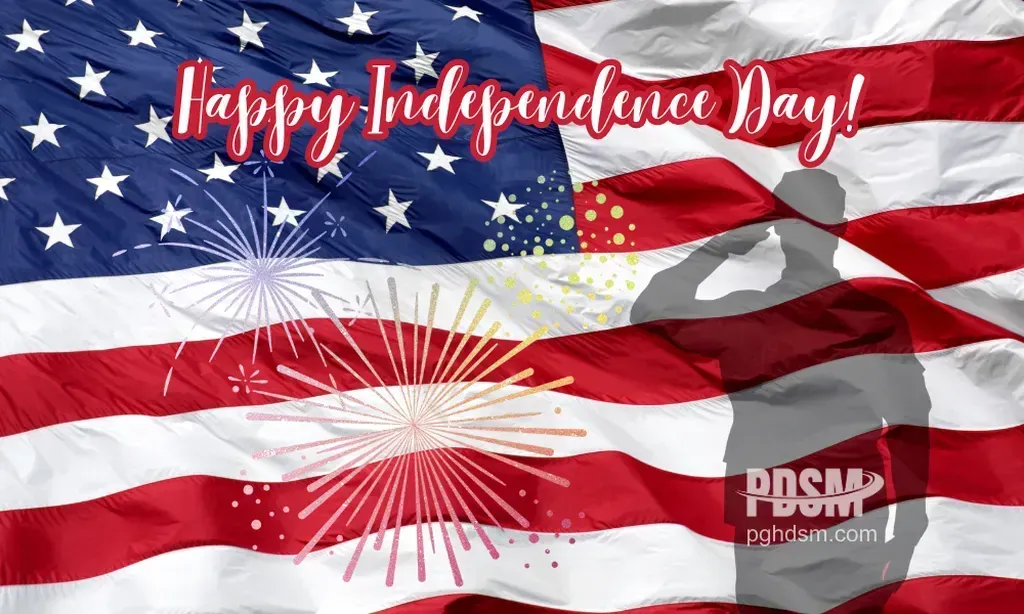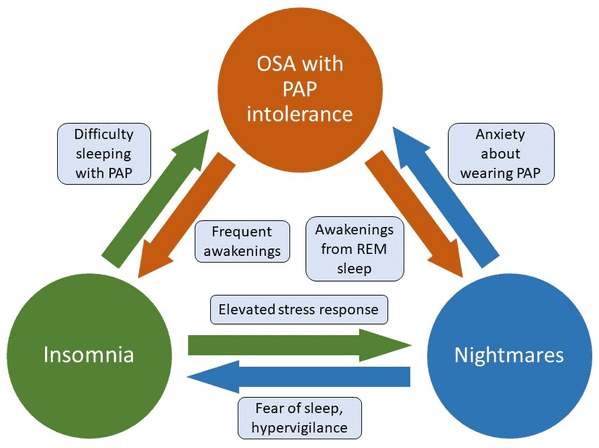Welcome Veterans - Happy Independence Day!

Fourth of July is a spectacular, historical day for most Americans. It commemorates the freedoms that our country fought for a long time ago. We celebrate each year with festive parades, picnics, tributes, and fireworks. But most importantly, we honor the sacrifices of our heroes, past and present, for their service and loyalty to our country.
Pittsburgh Dental Sleep Medicine has long been committed to caring for military personnel and we are pleased to announce on this momentous holiday, that we are now a qualified, VA Community Care health provider! This commitment allows our Veterans to receive high-quality care through their VA benefits for the treatment of Obstructive Sleep Apnea (OSA) and Chronic Snoring.
Veterans can choose from any one of our three convenient locations in the Greater Pittsburgh area including McMurray, Monroeville, and Wexford, and at our newest location in Harrisburg, PA.
Our agreement with the VA makes it possible for veterans to receive authorizations for care when community care requirements are met and authorized by the VA.
WHAT IS OBSTRUCTIVE SLEEP APNEA AND WHO DOES IT AFFECT?
OSA is one of the most common sleep disturbances, affecting between 5% and 10% of the general American population.1,2 OSA is associated with a variety of comorbidities including:
- Hypertension
- Cardiovascular Disease
- Coronary Artery Disease
- Diabetes and Insulin Resistance
- Depression
- Stroke
- Sleep Deprivation Accidents
- Cancer.3-5
- Comorbid Psychiatric Conditions, Mood Disorders, Post Traumatic Stress Disorder (PTSD), and Other Anxiety Disorders. 6
OSA AND PTSD
OSA prevalence is higher in PTSD sufferers than in the general population, with a likely bidirectional effect of the two illnesses. This association has been confirmed in over a dozen studies to date encompassing both military and civilian populations.
PTSD is slightly more common among Veterans than civilians. At some point in their life, seven out of every 100 Veterans (or 7%) will have PTSD. In the general population, six out of every 100 adults (or 6%) will have PTSD in their lifetime.7
Despite the well-documented improvements in PTSD-related symptoms with OSA treatment, several notable challenges occur in this population. Adherence to PAP therapy is problematic in the general population, with 29–83% of patients only using CPAP under 4 hrs per night, and it is significantly lower in the PTSD population.8
In military populations, reminders of wearing masks during military training and combat are frequent reasons cited for CPAP intolerance.9

FACTORS CONTRIBUTING TO UNTREATED OSA, INSOMNIA, AND NIGHTMARES IN PTSD SUFFERERS
Figure 1: Untreated sleep apnea may lead to frequent awakenings which precipitate and/or perpetuate insomnia, as well as arousals from REM sleep leading to increased nightmare intensity and recall. Difficulty initiating and maintaining sleep interferes with the ability to tolerate PAP therapy, and hyperarousal related to insomnia may increase nightmares via elevated stress response during REM sleep.
The presence of nightmares often leads to fear of sleep, hypervigilance, and poor sleep hygiene (e.g., leaving lights on) that worsen insomnia. Nightmares may also reduce PAP tolerance due to increased anxiety and hypervigilance. OSA, obstructive sleep apnea. PAP, positive airway pressure. REM, rapid eye movement.
AN EFFECTIVE ALTERNATIVE TO CPAP
Oral Appliance Therapy (OAT) is a frequently explored treatment option in those patients who cannot tolerate CPAP. At PDSM, we provide custom-made appliances that are worn while you sleep, stabilizing the jaw in a forward position to keep the upper airway open by preventing a collapse of the tongue and soft tissue.
Adherence was improved with the use of oral appliances, with 58% reporting a preference for and 29% preferring CPAP. Despite the differences in OSA treatment effectiveness between CPAP and OAT, the effect size improvements in PTSD symptoms were comparable for both treatments.10
HOW DO YOU SCHEDULE AN APPOINTMENT?
Our benefits coordinators make it easy for Veterans to register and schedule a consultation for Oral Appliance Therapy.
Veterans who are interested in determining if they are eligible for care through the Community Care Network and wish to be considered for care at Pittsburgh Dental Sleep Medicine using their VA benefits should contact their VA care team/coordinator to discuss their options or call our office at (724)935-6670.
As we celebrate our country’s independence, we honor the service of the brave military men and women who defend and protect our freedoms. We look forward to providing a valuable service, in return, for the treatment of OSA and the independence from the complications of CPAP.
Happy Independence Day!

